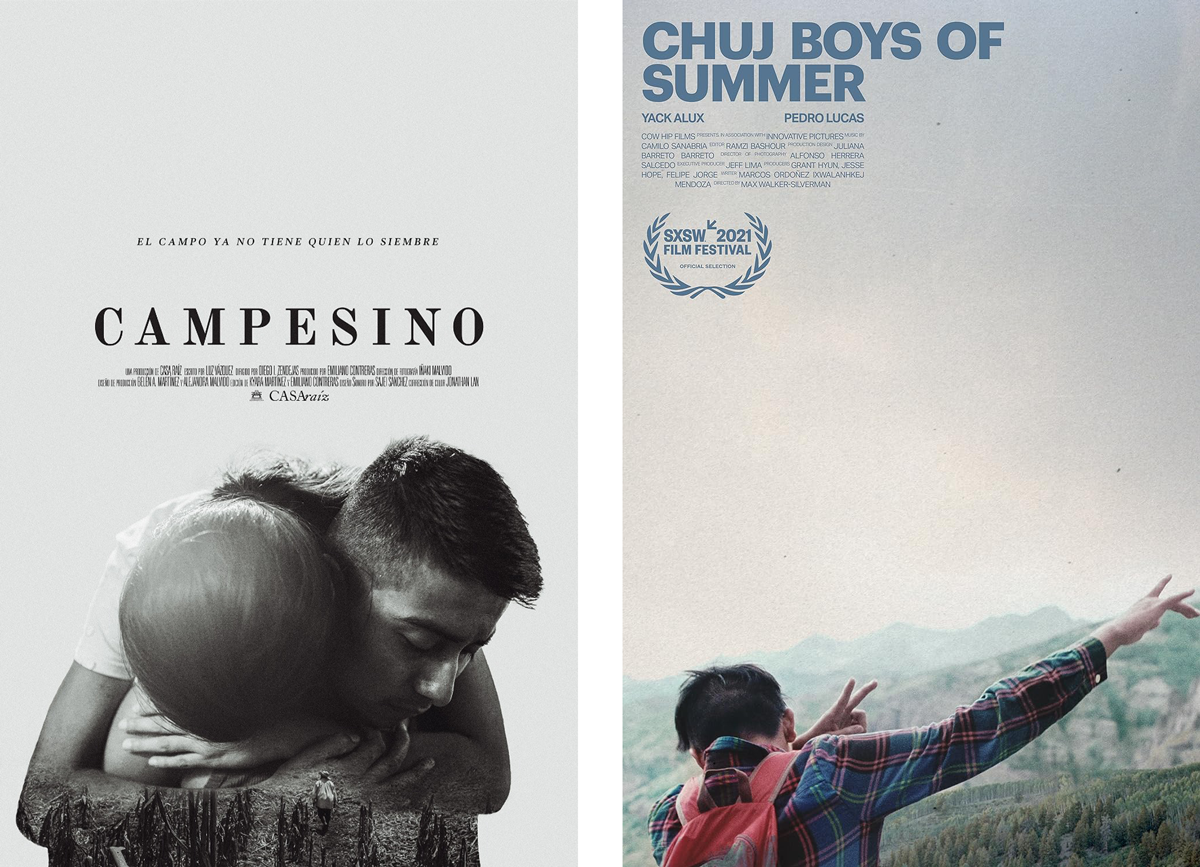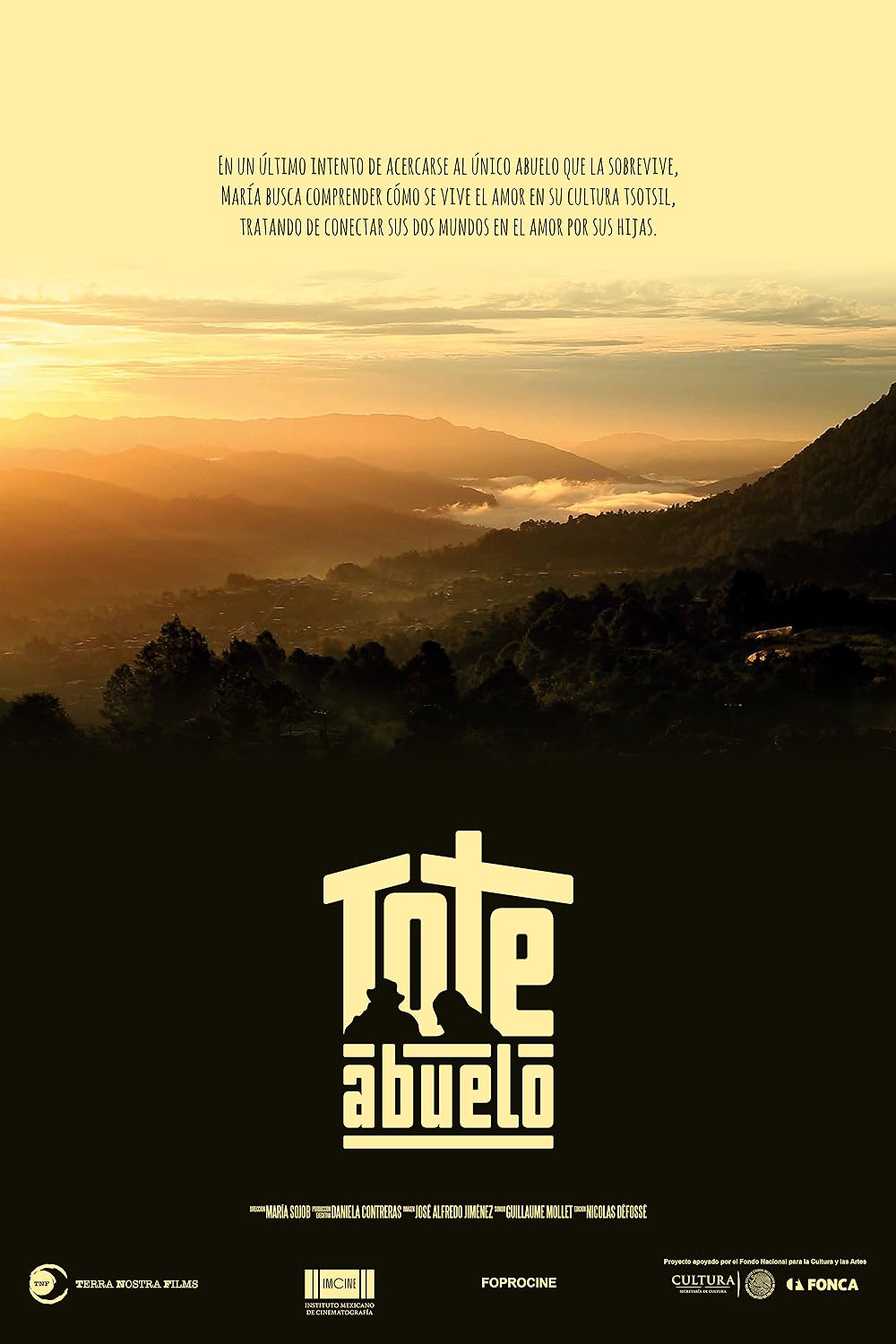Explore Mesoamerica through a Mayan Film Festival at the University of Oklahoma.There will be two events: a showing of two short films with a panel discussion featuring the screenwriter of one short, and a week later there will be a screening of a feature-length documentary followed by a Q&A with the film’s director. There will be subtitles in English for all films and receptions after each event.
Join us on Monday, Nov. 6 at 7 p.m. in the Ethics and Excellence in Journalism Foundation Auditorium in Gaylord Hall for a showing of two short films in Mayan languages: The Chuj Boys of Summer, about an Indigenous Chuj boy who moves to Colorado from Guatemala, winner of the South by Southwest Special Jury Award in 2021, and Campesino, the story of a family's struggle after the death of the father in a Ch'ol community in southern Mexico. Stay for a panel discussion with Justin Royer, Ph.D., a professor of linguistics at UC Berkeley) and Carol Rose Little, Ph.D, a professor of linguistics at OU, who are both specialists in the Mayan languages featured in the shorts, and Luz Vázquez, screenwriter of Campesino. Mr. Claudio Uribe, the Vice-Consul of Mexico in Oklahoma, is an honored guest for the event.
Vázquez is from Yajalón, Mexico and grew up speaking Ch’ol. Her motivation to write the script for Campesino came from her father.
“What motivated me to create Campesino was to share a little of my father's story,” she said. “Furthermore, it was important to create something in my language because I had never seen a film in Ch'ol. With this short film I knew I could reach more people and let them know that our language is valuable and that we can make any type of art with our language.”



